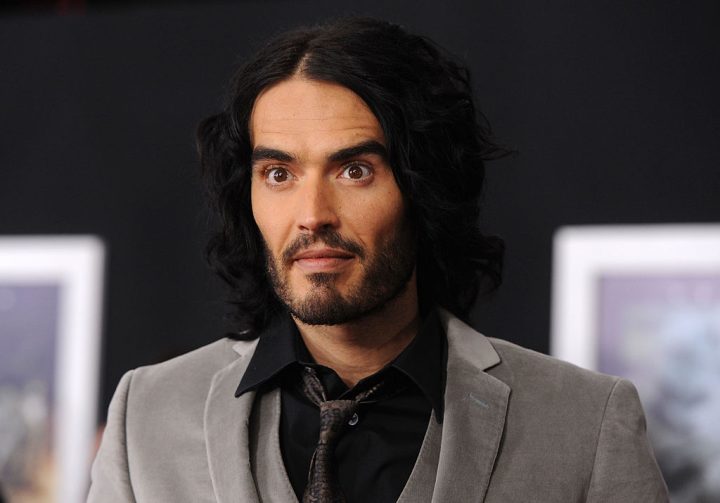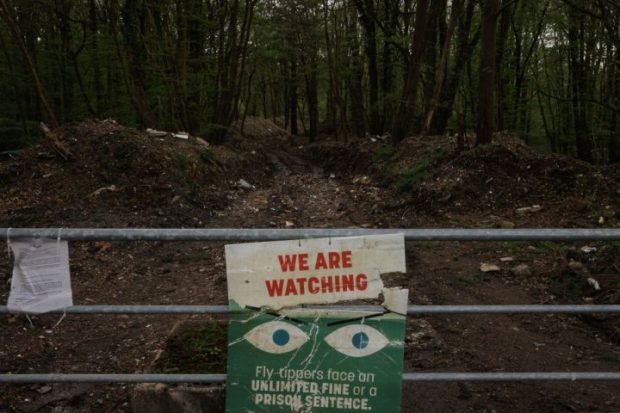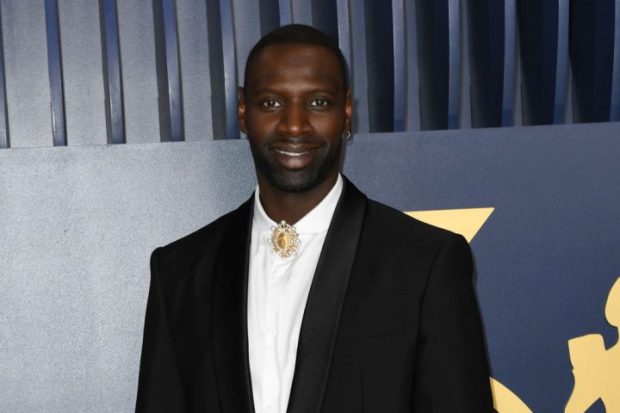In 1983 Samantha Fox was sixteen years old when she first appeared topless on Page Three of the Sun. That paper and its kind used to delight in doing birthday countdowns: in just three days, they’d promise, alongside a picture of a provocatively pouting fifteen-year-old, it’ll be legal for us to show you her breasts. Wahey!
In more recent memory (a 2003 change in the law having outlawed topless shots of under-18s) Emma Watson was ‘upskirted’ by photographers on her 18th birthday: they were handsomely compensated for images that, a few hours previously, would have landed them in jail. The Daily Mail’s so-called sidebar of shame likes to use the phrase ‘all grown up’ to signpost sexualised paparazzi images of young women.
The concepts of ‘grooming’ and ‘coercive control’ indicate how slippery the concept of informed consent is
All this seems to point to two things. One is that there is a very strong appetite in the culture for sexualising images of girls in their early and mid teens, the borderline between what’s legal and what’s illegal being a particular locus of titillation. The other is that, one way and another, the law is a pretty blunt instrument for policing it: in this case, it even seems to add spice to that appetite.
There’s something dismaying, isn’t there, in the way that rather than have morality dictate the law, we seem to outsource the former to the latter? The age of consent is a necessarily arbitrary best-guess line, drawn across a whole population. Rather than recognise the unsatisfactory, morally complex issues that implies, the tabloid take is that one side of the line is fine, while the other is inhumanly deplorable. 24 hours makes the difference between a ‘vile paedophile’ and a healthy red-blooded fella.
And, of course, the law contains all sorts of strange wrinkles and contradictions. We’re collectively confused about where childhood ends. You can fight and die for your country before you’re old enough to vote for the people who will send you to do so. Hell, you can fight and die for your country before you’re allowed to watch the same thing happening, in pretend form, in a movie. You can give your physical body to a grown man as a sixteen-year-old girl, but you can’t send him a photograph of it. Russell Brand, one of his sexual assault accusers anonymised as ‘Alice’ reports, was very careful when they were ‘dating’ while she was sixteen to make sure she didn’t send him naked pictures.
So here’s one of those grey areas. It’s telling that amid the coverage of Russell Brand’s alleged misdeeds (among them rape and sexual assault, and all of which he denies), the very fact of his having a sexual relationship with a sixteen-year-old while he was in his thirties was given so much prominence. It was incontestably 100 per cent legal, but it still gave most of us the ick. Rightly so, I think.
‘Alice’ argued in an article for yesterday’s Sunday Times that the law as it stands doesn’t protect teenage girls from predatory older men. She suggests a graded age of consent – so that though sixteen-year-olds would be allowed to experiment sexually (as if we could stop them), it would be illegal for over-21s to sleep with under-18s.
I’d be cautiously in favour, personally, of what she suggests. Does this infantilise young women (or young men), treating them as delicate flowers in need of patriarchal protection? Well, maybe. And so what? Sixteen is very, very young. A man in his thirties or older will, you can be pretty sure, be getting one thing and one thing only out of a relationship with a sixteen-year-old. There’s a grave power imbalance there. The age of consent is already 18 for relationships where there’s a formal power imbalance (teacher and student, for instance). Why, she asks, should informal power imbalances be any different.
What if you consent as a more-or-less child, because you are overawed by a much older suitor’s power and apparent sophistication, but you repent of it ten or twenty years later and conclude you were groomed? You may be absolutely right, but it’s very tricky to imagine a legal recourse for that situation that would be plausible and fair and consistent.
Keeping it to under-21s, or outlawing an age gap of more than three years, doesn’t land you automatically in a paradise of equality and mutual respect. Eighteen-year-olds are very capable of exercising power over each other, and doing so with a cruelty and selfishness in proportion to their youth. Sex and love are always going to be messy and dangerous.
But, as I say, the law is about drawing a crude line. Can a one-size-fits-all law prevent power imbalances, bad decisions, exploitation, heartbreak and bitter regret? Of course it can’t. The very concepts of ‘grooming’ and ‘coercive control’ indicate how slippery, how hard to legislate for, the concept of informed consent is. How impossible it is, except in statistical generalisations, to use physical age as a proxy for emotional resilience, self-knowledge, and the confidence to know and say what you want and do not want. The law, as Queen Bess had it, doesn’t make windows into souls.
But let’s not make the perfect the enemy of the good. I think we can say with a reasonable degree of confidence that if you were to look at 100 relationships between thirtysomethings and teenagers, on the whole you would find overwhelmingly more of them were in the zone we’d call not-exactly-healthy than in the zone we’d call touchingly-romantic-and-mutually-fulfilling.
The law can’t do everything, but it can do something. And meanwhile, quite apart from the statute books, we could get out of the habit of, even in leering jest, treating a 16th birthday as a chequered flag.
Got something to add? Join the discussion and comment below.
Get 10 issues for just $10
Subscribe to The Spectator Australia today for the next 10 magazine issues, plus full online access, for just $10.





















Comments
Don't miss out
Join the conversation with other Spectator Australia readers. Subscribe to leave a comment.
SUBSCRIBEAlready a subscriber? Log in